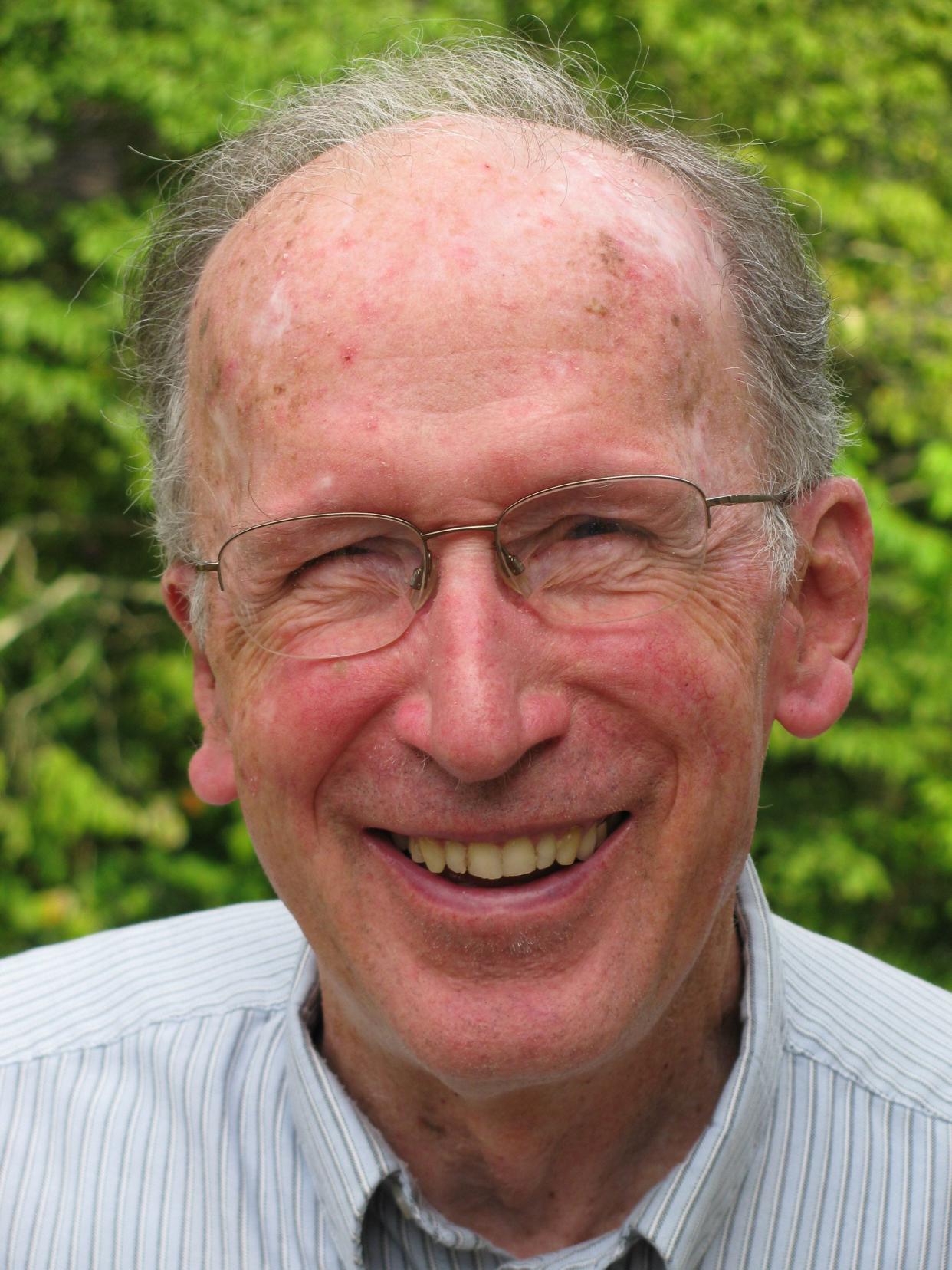Opinion: The secular as a protection

Merriam-Webster defines “secular” as anything unrelated to or neutral in regards to religion. When I started studying the social sciences I encountered secular as a methodology. In fact, secular methodology uncovers facts and develops theory in all the sciences. In a scientific theory you cannot introduce God as a cause for anything. It would cease to be a scientific statement and become a theological statement. That does not mean that God is not active, but that belief in the activity of God comes from faith, not science. However, religions as a human activity can be studied with secular science as a methodology.
Secular methodology actually protects us from attributing false activities to God, which would be “taking God’s name in vain” and breaking the Third Commandment. A literal interpretation of parts of the Bible can easily lead to breaking the Third Commandment by attributing to God what God did not do. Science is a secular discipline, but its findings can contribute to religious thought or theology. We also have a secular democracy meaning that the government is not under any religious control. Although religious faith supports the belief that all people were created equal, religions do not set any of the rules of behavior or laws in our democracy. Our Constitution prohibits the government from establishing any religion and it also cannot prohibit the exercise of any religion, as long as the religion obeys the laws. Citizens cannot be required to practice any faith or belong to any religious community.
I will not go into the long history of damage to governments and societies by religions. This has been particularly when governments and religions used each other in controlling societies. The use of governmental power by religions has distorted religions, especially Christianity, whose Founder walked away from the attempt to make him king. Not only have religions making alliances with governments distorted both religions and governments, this alliance has been a major hindrance to the spread of religions. This hindrance started with Constantine. Persia rejected Christianity because Christianity became the religion of its deadly enemy. The hindrance continued through Western colonialism, long associated with Christianity. I saw this hindrance in Asia, where people associated Christianity with domination from Western nations.
When religion is not allied with government, religion then has the opportunity to demonstrate its spiritual power in individuals and communities to transform lives from the inside out. In a democracy, individuals and communities are free to exercise their faith in seeking to influence societies and governments to bring “liberty and justice” to all. In other words, people of faith can be active in governments and societies, but not as part of the government.
The movement to secularize knowledge and institutions began because religions had done so many wrongs in seeking to dominate lives. The Founders of America had all suffered in some way from the domination of religion and wanted to make that impossible in their new country. This has actually given religions greater opportunities to demonstrate their message and transformative power. Secularism (with the added “ism”) is a non-religion or ideology that considers God irrelevant to life. People are free to follow this ideology in America, although at one time people did not have this freedom in the days of religious control in Europe.
The secular methodologies of science and democracy are a protection from wrong religion, which can distort the truth. It can often lead to substitute religions like Fascism, Naziism, and Communism. These became terribly intolerant, dominating, and cruel. But secularism can also lead individuals to create substitute religions in various false ideologies and false stories and made-up histories and myths. The social and natural sciences are allies of democracy and are our legacy through the struggle and suffering of many against ignorance and non-democratic forces in the world. Thankfully, we are joined by many nations inspired by our experiment in freedom. Both science and democracy are dependent on the love of truth and both can be corrupted by the spread of falsehoods.
Using a secular methodology protects both democracy and religion from falsehoods. At the same time freedom of religion allows religion to inspire people “to do justice, love mercy, and walk humbly with God” (Micah 6:8.) Both the secular as methodology and looking to religion for inspiration to think and behave morally are foundation stones for a healthy and strong society. Ultimately, every society depends on the morality of its people, especially its leaders.
Rev. Robert L. Montgomery Ph.D., lives in Black Mountain.
This article originally appeared on Asheville Citizen Times: Opinion: The secular as a protection

